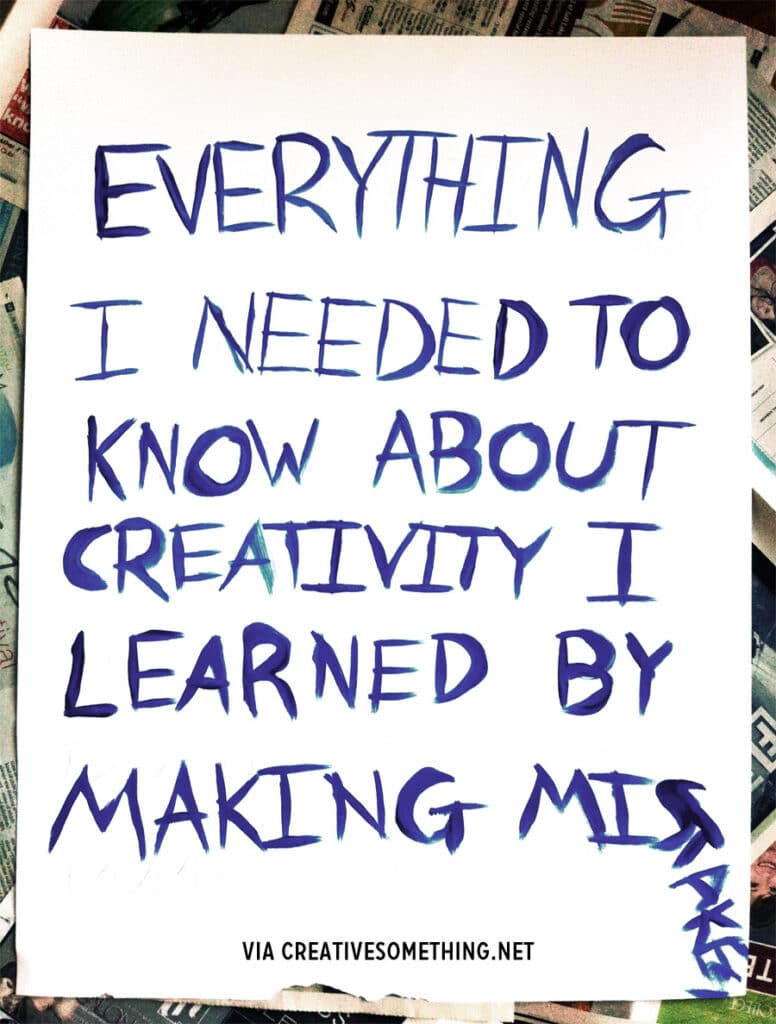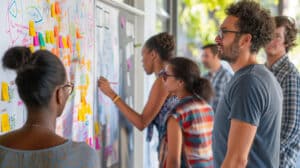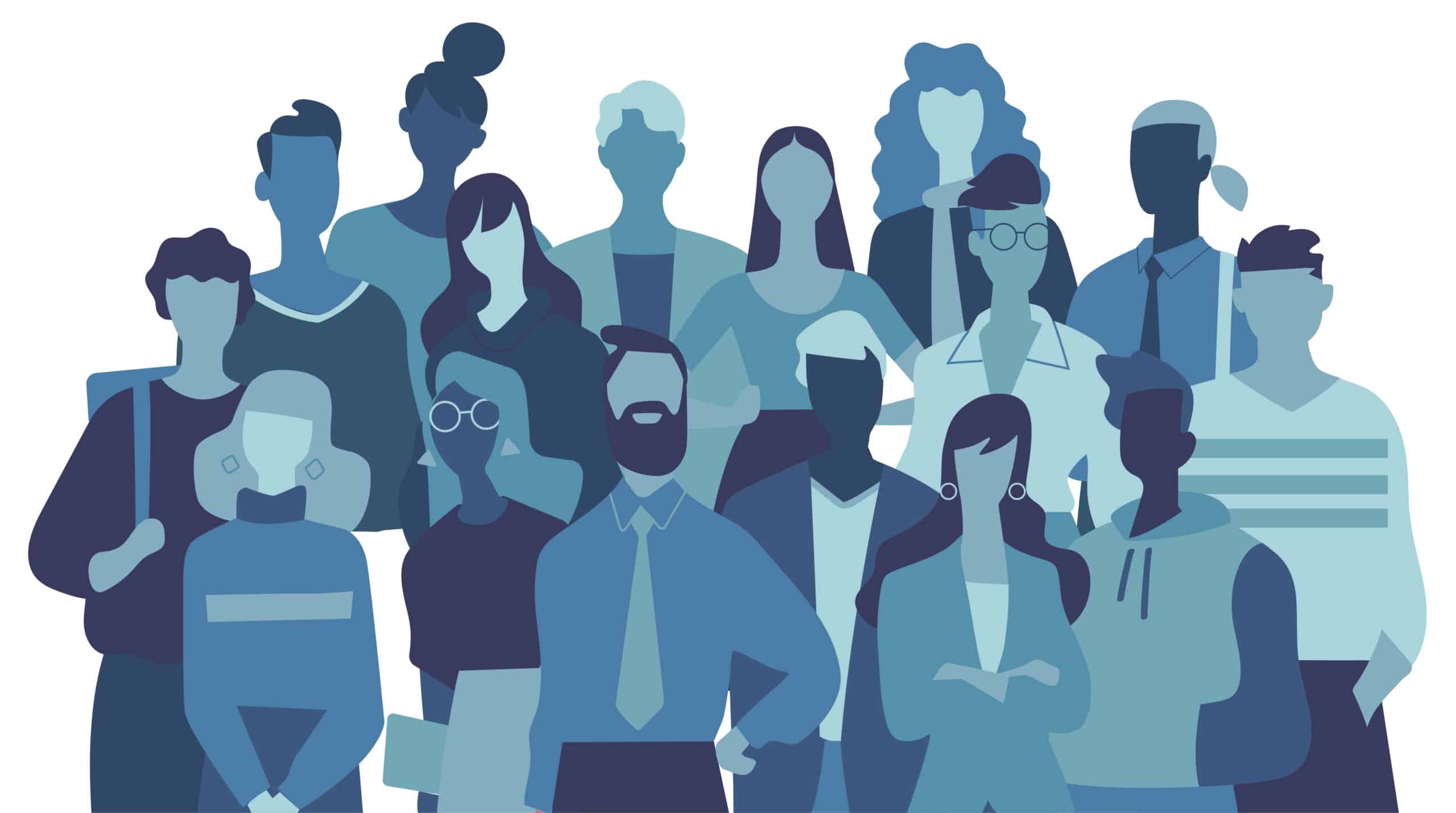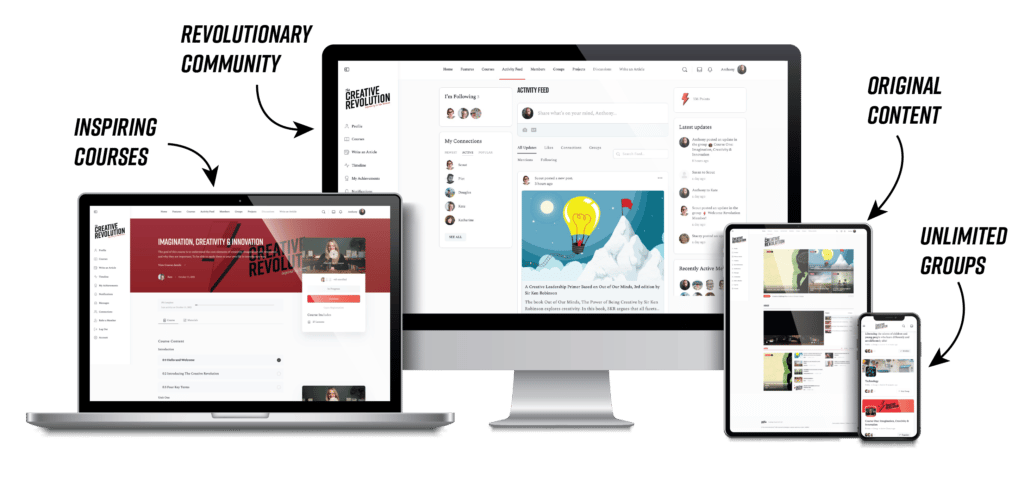I remember the time I discovered the work of SKR: Ana, a friend I made at work and with whom I would share a lot about education, sent me the RSA Animate of SKR’s talk “Changing Education Paradigms.” It was back in 2012 and the following days I would watch, rewatch and listen to more of SKR talks, taking notes and unknowingly planting the seeds of a workplace revolution.
The context is important, as always:
- There was an unrest in the world around us – in society, in the workplace, in schools – one triggered by the 2008 economic crisis
- There was also an inner world unrest – I would not resonate with the way work worked. I would literally hurt when witnessing the waste of human capacities around me
- Corporate and governmental first reactions, after the crisis, were to find ways to control more, to regulate and comply more, and to mitigate risks so that we would not face anything similar in the future
- On the other hand, I would read about approaches that encouraged investing in education, at all levels, so that humans would become able to cope with any unforeseeable futures. Or about creativity and how important it was and would be
I resonated with the latter approach and to some of us it had become clear that the “old ways” of working and living needed to change. How? We didn’t know but started questioning.
There I was, struggling at work between the two worlds, trying to persuade the leaders that we really needed to change the working paradigms. Having conversation about the importance of recognising that we were humans in a business environment – not the cogs in some intricate machine. That we see everything, the world of work included, as we are (credit to SKR & Anais Nin). That we have a story which unfolds and permeates our work, whether we are aware or not, and that it would benefit all of us, individually and collectively, to build on all of this.
As interesting as the conversations were, I witnessed no changes in the way we worked – at least not the ones I wished for, nor as quickly as I wanted it. I was beginning to question my place and contribution in the organisation and started to look for concrete ways to change things, one conversation at a time, one area/topic at a time.
The first step was in 2014, when I pitched a training material introducing creativity in the workplace: Corporate Creativity from “Nice to Have” to “Must Have.”
Starting from SKR’s definition of creativity as “the process of having original ideas that have value,” I recommended a short training that would introduce everyone to the creative language and process. Thus, we would be able to cope with novel challenges, be them financial or of any other sort, at all levels in the organisation. There! All problems solved with one key! One would be a fool not to go for it, wouldn’t they!
Well, I succeeded to deliver a somewhat interesting presentation, idealistic rather than corporate-SMART, and without persuading management to invest.
Reflecting now, I realise that I was only trying to give credit to the already creative individuals in our teams, who were already using their creative capacities. I do not think creativity is something one puts on hold when entering the world of work – whatever creativity we have left as adults, it manifests in one way or the other. Don’t you think?
So, I was aiming to create the proper environment for creativity to manifest more often and to be recognised as a relevant skill in the workplace.
So, that event did make a huge difference to me: I knew I must reframe everything (this realisation led me to a Design Thinking training :)) So, instead of aiming to change things top-down, I started to focus on me, my team and what we can do, individually and collectively, to work on our talents and aptitudes and to make our work work for us, too.
I kept reading, sharing, connecting, joining communities, and searching for tools that would help me understand more about individuals’ proclivities, about new ways of working, adults learning and self-directed learning. I would apply as much of what I learnt as possible at work and at home.
The work is in progress, and it is nonlinear, it is rather messy and highly rewarding in the same time. I am happy to see that ideas, concepts and approaches that 10-15 years ago were considered idealistic, are now part of the language and culture of the organisations, be them schools or businesses.
So what? Now what?
Well, joining The Creative Revolution is part of the answer to the questions above. Talking to my teenage daughter is another part. Learning will always be part of any answer.
What about you? We are all part of some sort of organised systems – how do you see creativity manifest in your place of work and contribution?
What fosters it? What hinders it? How are you creative?




